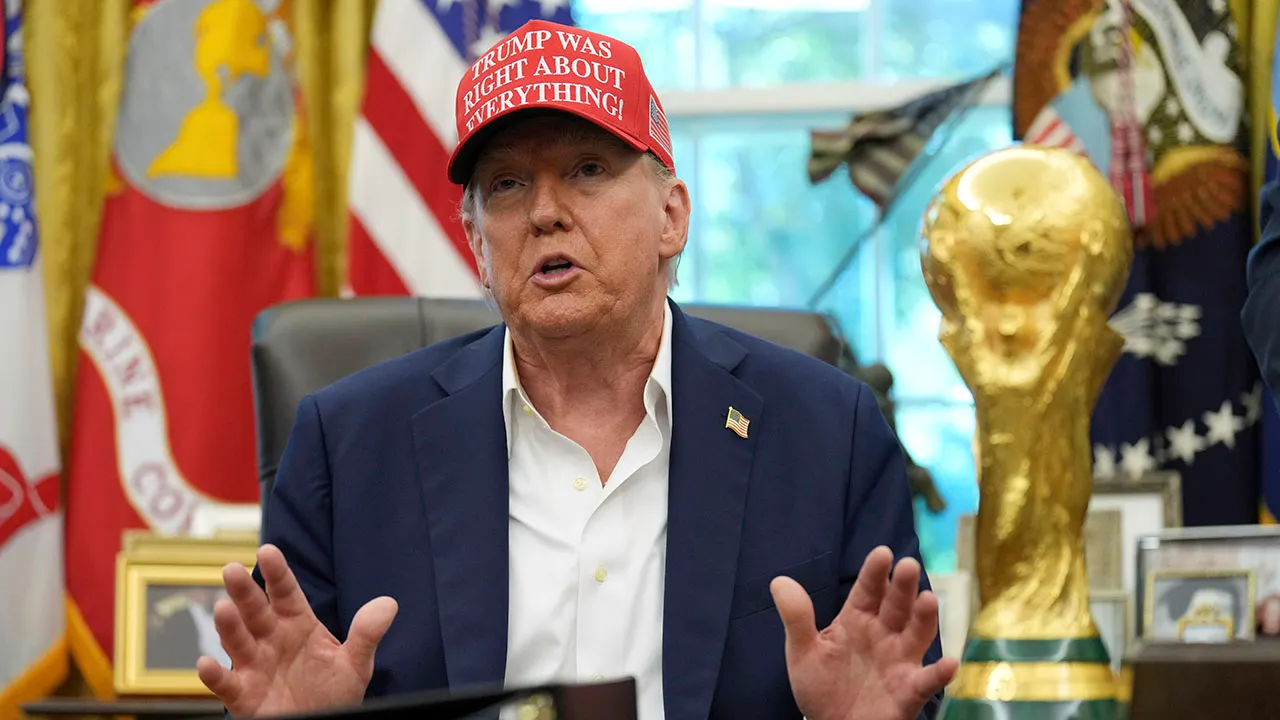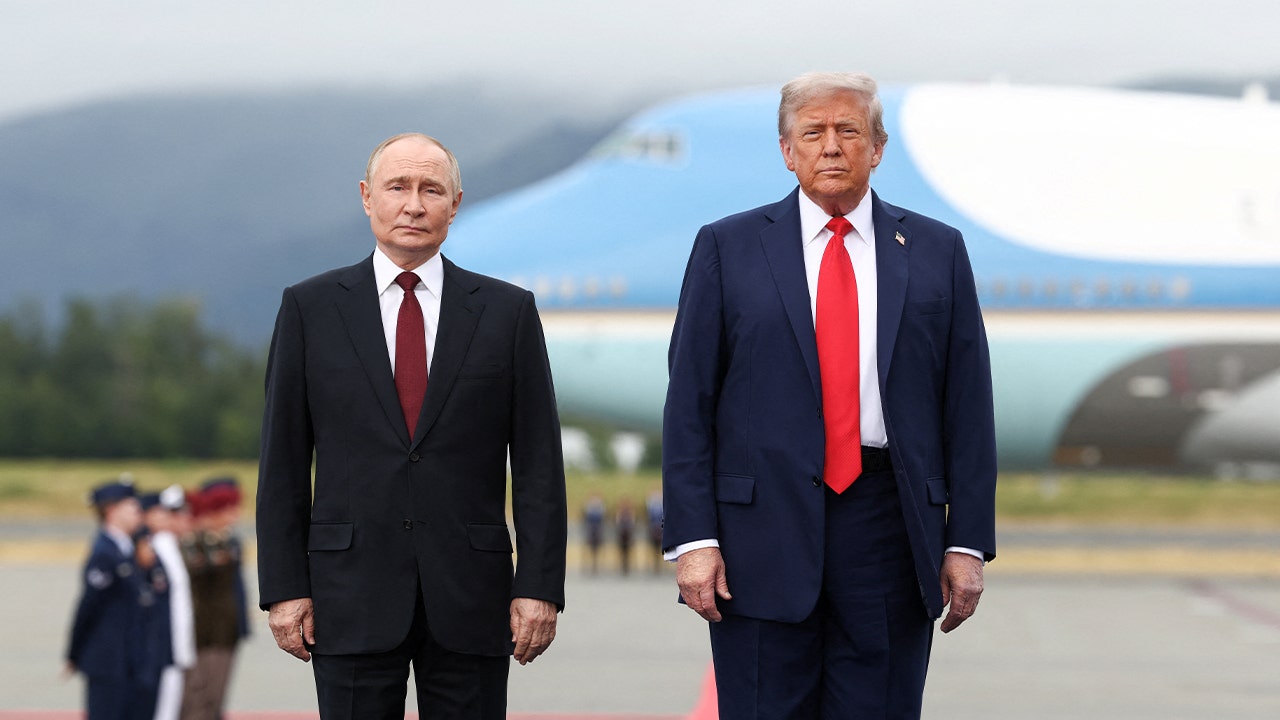
MORNING GLORY: Are President Trump’s tariffs actually working?
Entities mentioned:
- President Trump: Ambition, Competitive spirit, Control
- Congressional Budget Office (CBO): Duty, Professional pride, Influence
- Phillip Swagel: Duty, Professional pride
- Dr. Richard McKenzie: Professional pride, Skepticism, Curiosity
- Peter Navarro: Loyalty, Determination, Influence
- Hugh Hewitt: Curiosity, Influence, Recognition
Article Assessment:
Credibility Score: 65/100
Bias Rating: 70/100 (Lean Right)
Sentiment Score: 55/100
Authoritarianism Risk: 45/100 (Mixed/Neutral)
Bias Analysis:
The article leans right, evidenced by its favorable framing of Trump's policies and skepticism of traditional free-market positions. While it includes some opposing viewpoints, the overall tone suggests support for reconsidering tariffs in a positive light.
Key metric: US Budget Deficit
As a social scientist, I analyze that this article presents a surprising report from the CBO suggesting that President Trump's tariffs could significantly reduce the US budget deficit. The article challenges conventional free-market wisdom about tariffs, presenting data that contradicts expectations of negative economic impacts. It explores the tension between free-trade principles and the potential fiscal benefits of tariffs, while also raising questions about presidential authority to impose such measures. The analysis includes perspectives from economists and considers the broader implications for economic policy and political ideology. The article's framing suggests a potential shift in how tariffs might be viewed by traditionally free-market conservatives, while also acknowledging ongoing debates and legal challenges.

MORNING GLORY: Can President Trump deliver a ceasefire or even a peace agreement between Russia and Ukraine?
Entities mentioned:
- Donald Trump: Power, Influence, Legacy
- Vladimir Putin: Power, Control, Influence
- Volodymyr Zelenskyy: Duty, Self-preservation, Unity
- Donald Rumsfeld: Professional pride, Influence, Security
- Hugh Hewitt: Influence, Professional pride, Curiosity
- Media: Recognition, Influence, Greed
Article Assessment:
Credibility Score: 70/100
Bias Rating: 65/100 (Lean Right)
Sentiment Score: 55/100
Authoritarianism Risk: 35/100 (Generally Democratic)
Bias Analysis:
The article leans right due to its favorable portrayal of Trump's diplomatic efforts and criticism of media reporting. However, it maintains some balance by emphasizing the uncertainty of outcomes and citing examples of successful diplomacy.
Key metric: Diplomatic Influence
As a social scientist, I analyze that this article primarily focuses on the uncertainty surrounding diplomatic negotiations between the US, Russia, and Ukraine. The author, Hugh Hewitt, emphasizes the importance of acknowledging the limits of public knowledge in high-stakes diplomacy. He criticizes media sources claiming inside knowledge of these meetings, suggesting that such claims are either misinformation or clickbait. The article indirectly highlights the potential for US diplomatic influence, particularly through Trump's involvement, but cautions against premature conclusions. This measured approach to assessing diplomatic progress could impact the US's perceived diplomatic influence on the global stage, especially in conflict resolution efforts.